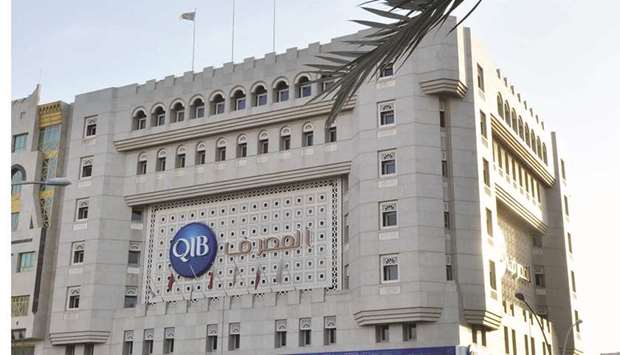Global credit rating agency Moody’s has reconfirmed the long-term deposit rating of Qatar Islamic Bank (QIB) at ‘A1’, with a “stable” outlook.
QIB remains Qatar’s second largest bank and the largest Islamic bank in the country, with a market share of around 10.5% of Qatar’s banking system assets, and a consolidated asset base of QR170bn, Moody’s said in a report.
The lender’s assigned rating reflects the strong asset quality, good profitability, adequate capital buffers and limited market-funding reliance, it said, adding that QIB’s stable outlook also takes into account the stable outlook on the Qatari government’s bond rating of ‘Aa3’.
QIB has reported strong profitability which has been broadly stable in the 1.4%-1.7% return on tangible assets, supported by the strong growth of the bank, which itself reflects the increasing penetration of Sharia compliant assets in Qatar.
“This is also in line with the bank’s transformation strategy, which was adopted in 2012, reorienting its assets towards financing from and towards local operations from international operations,” Moody’s said.
The bank’s profitability is also supported by its lower cost to income ratio, solid and stable year on year net profit margin and reduced funding costs.
“We are pleased with the affirmation of our rating by Moody’s. Despite the current global challenges, it has re-confirmed the strong financial position of Qatar, the banking sector outlook and QIB’s financial vigour, which has been steadily improving in line with our long-term objectives,” said Bassel Gamal, QIB’s group chief executive.
He said it is also a confirmation of QIB’s stability, sustainable business model, high asset quality and robust capital position.
Moody’s found that QIB has experienced rapid financing growth with the bank’s compound annual growth rate of 15% over 2012-19 (for gross loans), compared with the Qatar market average of 10% and more recently around 11.7% during 2019.
The bank’s ratio of NPFs to gross financing ratio is at 1.3% comparing favourably to the average of the Qatari banking sector. Its asset quality is also supported by increased exposures to the Qatari government and quasi government entities which are of high credit quality and have historically demonstrated zero default rates.
“We expect QIB’s capitalisation to remain broadly stable, above the bank’s minimum capital targets. The bank will meet future capital requirements arising from its asset growth through a combination of retained earnings and capital issuance,” the rating agency said.
QIB’s net Profit attributable to the shareholders amounted to QR2.22bn for the nine months ended September 2020 in line with the performance during the same period in 2019.
Business / Business
Moody’s reconfirms long-term deposit rating of QIB at ‘A1’ with a ‘stable’ outlook

The QIB head office. QIB remains the second largest bank and the largest Islamic bank in the country, with a market share of around 10.5% of banking system assets, and a consolidated asset base of QR170bn, Moody’s said in a report.
